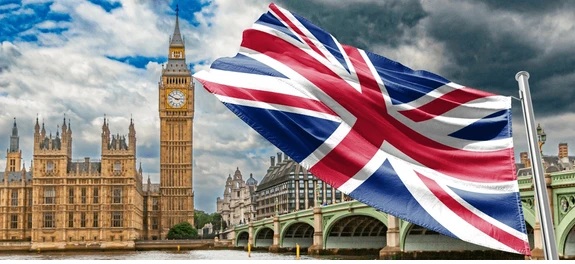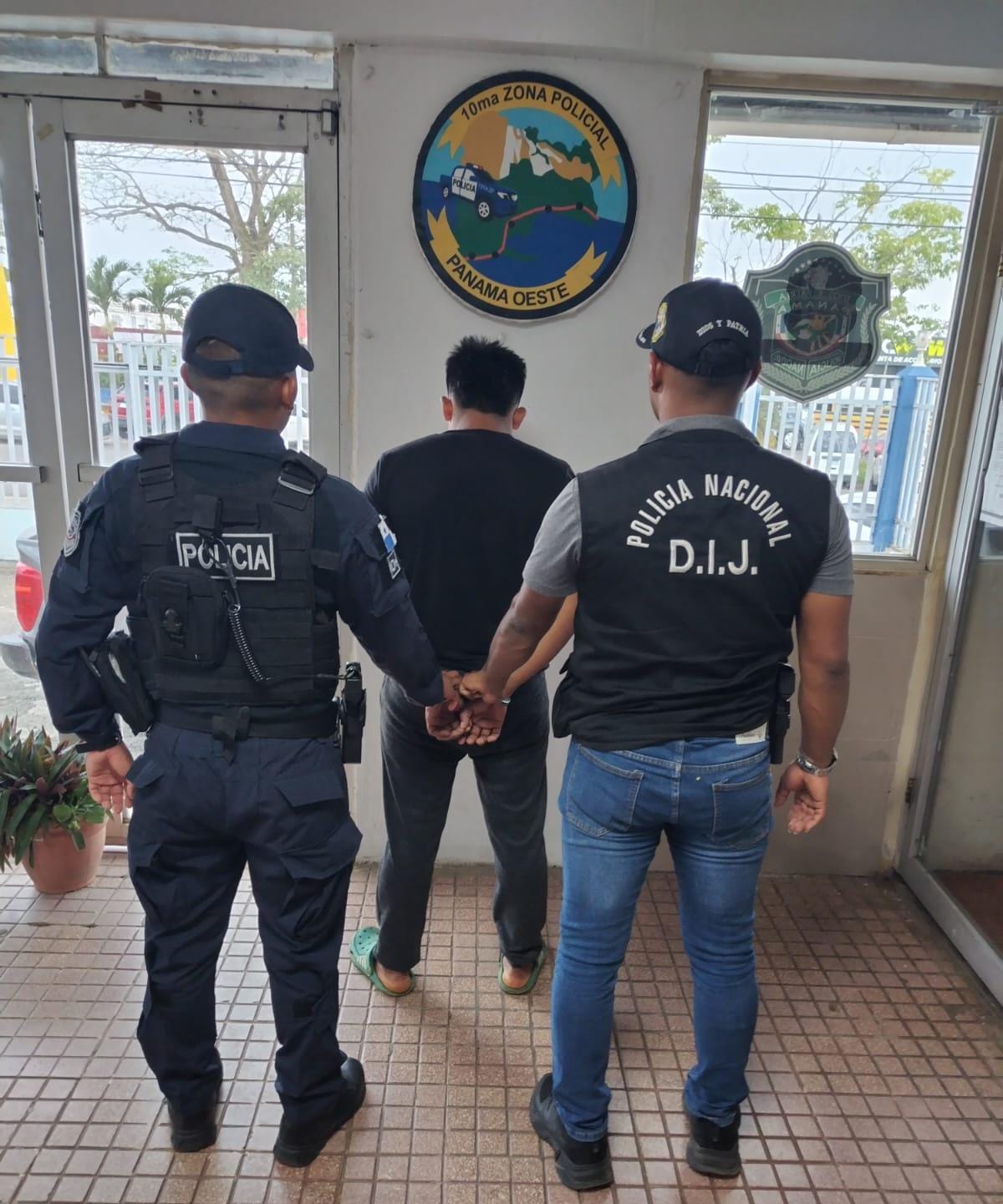Panama where more goes to gambling than subway building

hat they can't do at the polls they are trying to do on the streetsPANAMA is not a rival to Las Vegas but it is a place where gambling is endemic and, in a country where 36% live in poverty more was spent last year on games of chance than on the construction of the metro.

In addition to its gaming palaces, Last Vegas sucks in tourists as the self-styled “Entertainment Capital pf the World offering superstar performances the the likes of Cirque du Soleil, Celine Dionne, Rod Stewart, Shannia Twainthe musical flavor of the day, and the hardiest of annuals, Tom Jones.
But without the drawing power of super glitz Panama managed cough up $2.964 billion, on bets in 2013 year, far exceeding the $2 billion invested by the State in the first Metro line.
Betting centers raked in $2.373 in 2013, (a daily average of $6.5 million). To that reports La Prensa, you can add the $591.2 million spent by Panamanians on “Loteria” draws, resulting I, a whopping $ 2.964 billion and that doesn’t include the illegal add-on charges by some Lottery sellers and the widespread illegal lotteries (with which the purchaser takes another gamble on the ability of the seller to pay up). It also doesn’t include on line gambling.
Compared with 2012, the amount wagered last year recorded an annual increase of 10% , as has been happening in the last five years says La Prensa.
In type A slot machines here gamblers hope to get a quick return money quickly . In this game mode have bet $1, 973 million dollars, up by $265 million compared onthe previous year.
No wonder says La Prensa that Gaming & Services of Panama, a company that has exclusive type A machine facilities last year signed anextension of 20 years, when there were still four years for its current contract to expire.
Thus, Gaming & Services of Panama will control the 26 rooms it currently owns, some located in areas with high poverty rates.
With the new deal the Martinelli government got $ 13 million in the current account of the State, a month before the convening of the general election on May 4 , as the company agreed to pay that amount for the extension before March 31, 2014 .
In addition to the 26 rooms type A slot machines in the country operate 18 full casinos, 19 agencies in sports betting, a bingo hall and the President Remon Racetrack.
Of the 66 rooms under the Gaming Control Board ( JCJ ) , 71% are in the province of Panama . This number will increase in the coming months when two new full casinos open
The new operators will be in the Hilton Hotel and the Trump Ocean Club. According to the law governing the sector, full casinos can only operate in hotels with a minimum of 300 rooms.
Another provisional license will allow the Ritz Carlton hotel, currently under construction, to have a full casino. In recent months there has been an increase in the opening of stores with type C slot machines, which are those that pay a maximum of $ 3 per run, however, it was not possible to know how many permits have been granted the authority for such business. Far from limiting the proliferation of betting shops , the State has received millions IN revenues in recent years to monitor the activity .
Last year alone the JCJ raised $80 million, up $4 million on the previous. year The figure exceeds $300,000 in the last five years , a significant amount, but lowwhen compared with the gross income managers have reported gambling, and $1.741 billion between 2009 and 2013.
GAMBLING FALL OUT
Beyond the millions in profits that and the bright lights of the betting shops is hidden a social scourge that has increased uncontrollably over the last decade.
According to estimates by economist and university professor at the University of Panama Walter Carlos Bellido, between 25,000 and 30.000 have developed an addiction related to gambling.
Bellido, who has researched this phenomenon in recent years warns that every day there are more young people are falling into this epidemic, recognized as a disease by the World Health Organization in 1980. The professor suggests that through cellular and games, young people have access to gambling related applications.
Bellido in 2001 published the results of their studies in the book Casino: From Fun to Addiction, which warns that this scourge is growing uncontrollably.
The rule governing this sector do not set a limit on the number of full casinos that can operate in the capital city. The only thing that is limited is the location, as the operation of a casino within 100 yards of a school or religious center is prohibited.





